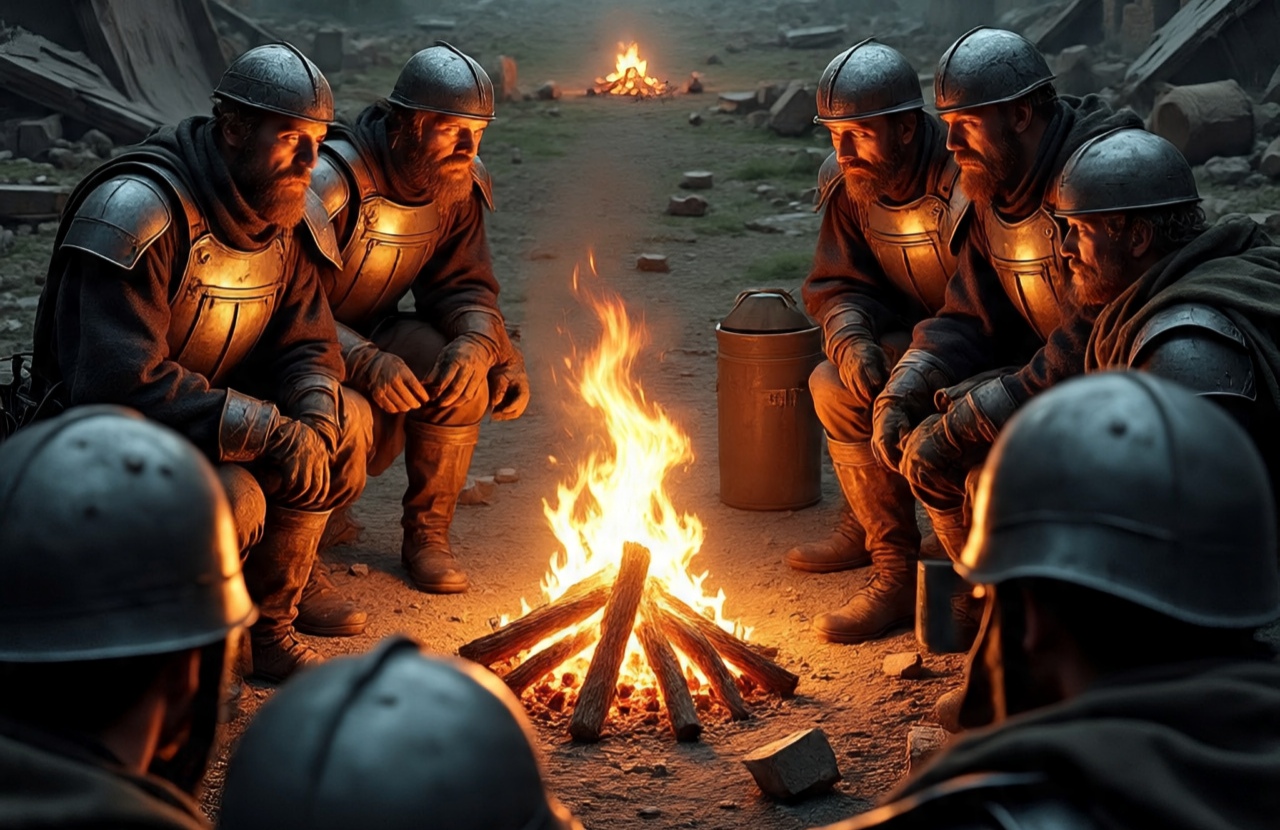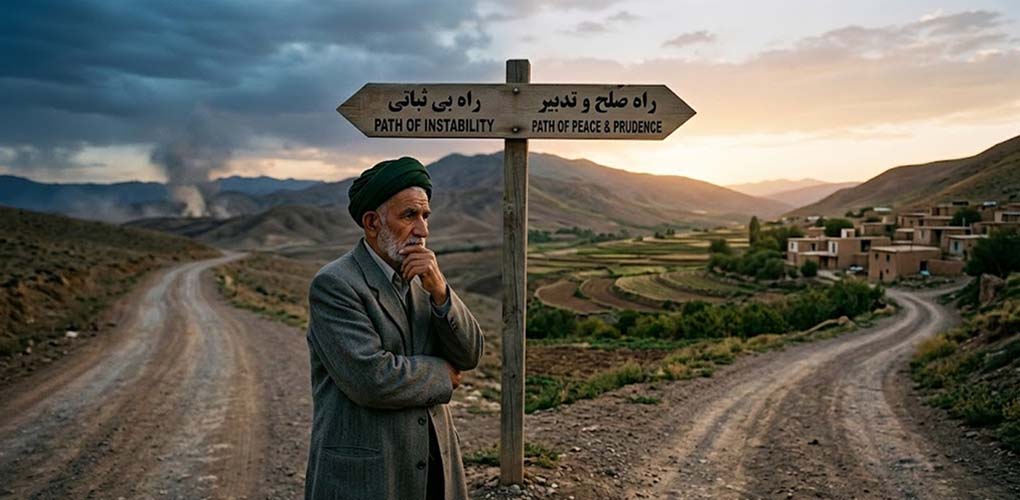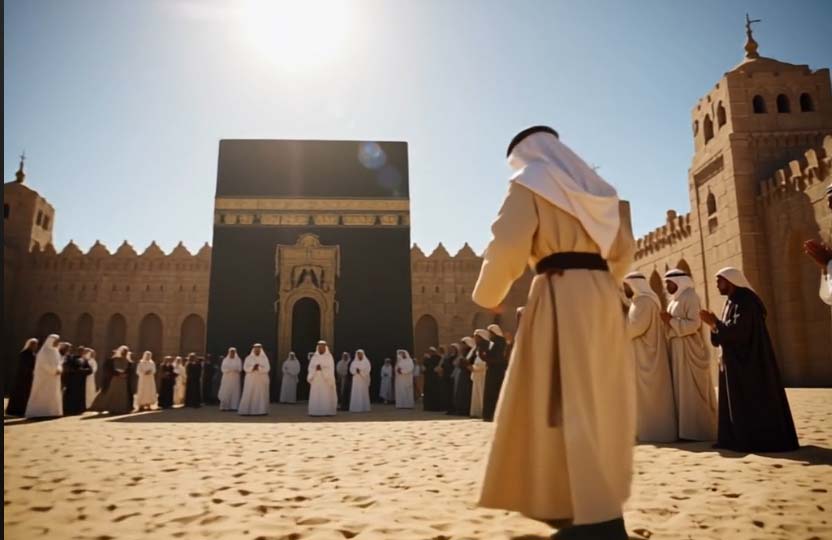 Najmuddin A Farooqi
Najmuddin A Farooqi
Throughout history, civilizations have thrived for centuries, only to be shattered by hostile forces whether through internal dissent or external invasions. Over 110 major wars and armed conflicts have each claimed more than 100,000 lives, impacting both soldiers and civilians. According to recorded history, war, persecution and their aftermath may have cost humanity over a billion lives.
This article offers a brief historical reflection on such human suffering, focusing on two of the most devastating examples:
a) the Holocaust, Nazi Germany’s systematic genocide of Jews during World War II and
b) the ongoing mass killings of Palestinians, considered as one of the gravest humanitarian crises of recent times.
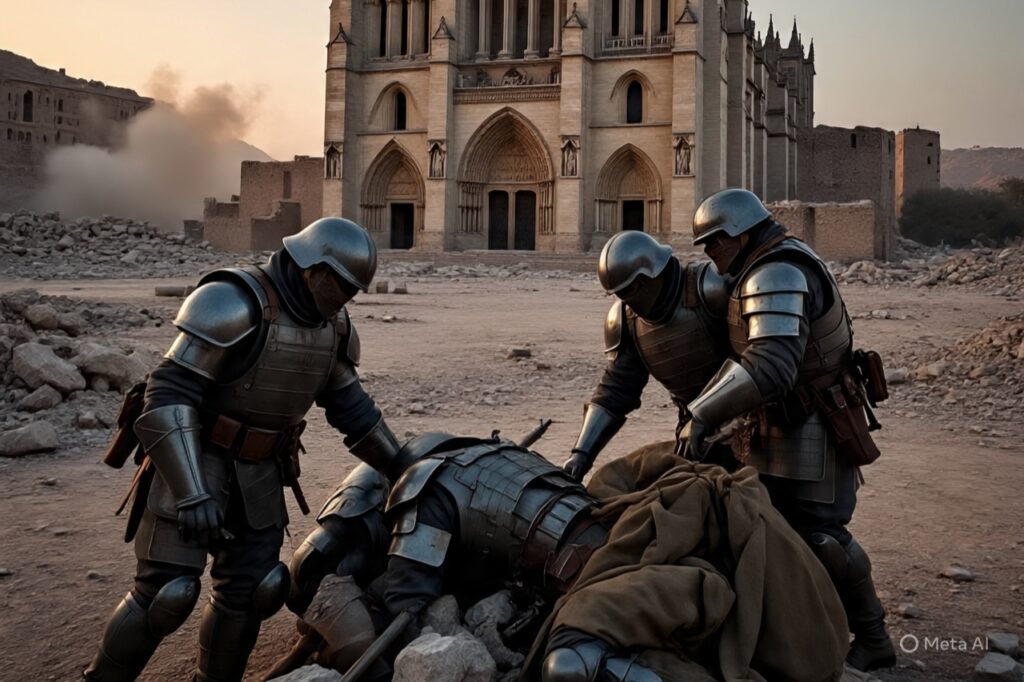
Early Conflicts and the Rise of Empires
During the early 7th century, in the lifetime of Prophet Muhammad (ﷺ), only a few battles occurred, with death tolls in the hundreds. The subsequent Rashidun Caliphate lasted just over 30 years, during which an estimated 100,000 casualties were recorded.
The Umaiyad Caliphate, which followed and ruled for 110 years, witnessed approximately 300,000 to 400,000 deaths in its conquests and civil wars. Though it claimed Islamic legitimacy, the Umaiyad rule was not fully aligned with Islamic Sharia-based jurisprudence.
The 12th and 13th centuries ushered in an era of unparalleled destruction with the brutal invasions of Genghis Khan and Hulagu Khan. Though often misunderstood as Muslims due to their names, they were not. Their campaigns are believed to have killed between 4 and 20 million people around 5% of the world’s population at that time.
Similarly, the Crusades, Spanish Reconquista and other religious wars across Europe and the Middle East claimed millions of lives over the centuries each underscoring the deadly potential of ideological zeal.
Religion: A Force of Unity and Division
At their core, all religions are systems of belief through which humanity seeks meaning and moral guidance. Despite differences in theology, most major faiths emphasize compassion, justice and sanctity of human life.
This shared essence should inspire tolerance among people of different faiths or even those without one. Yet paradoxically, religion, which has the power to unite and uplift, has frequently served as the backdrop to humanity’s bloodiest chapters.
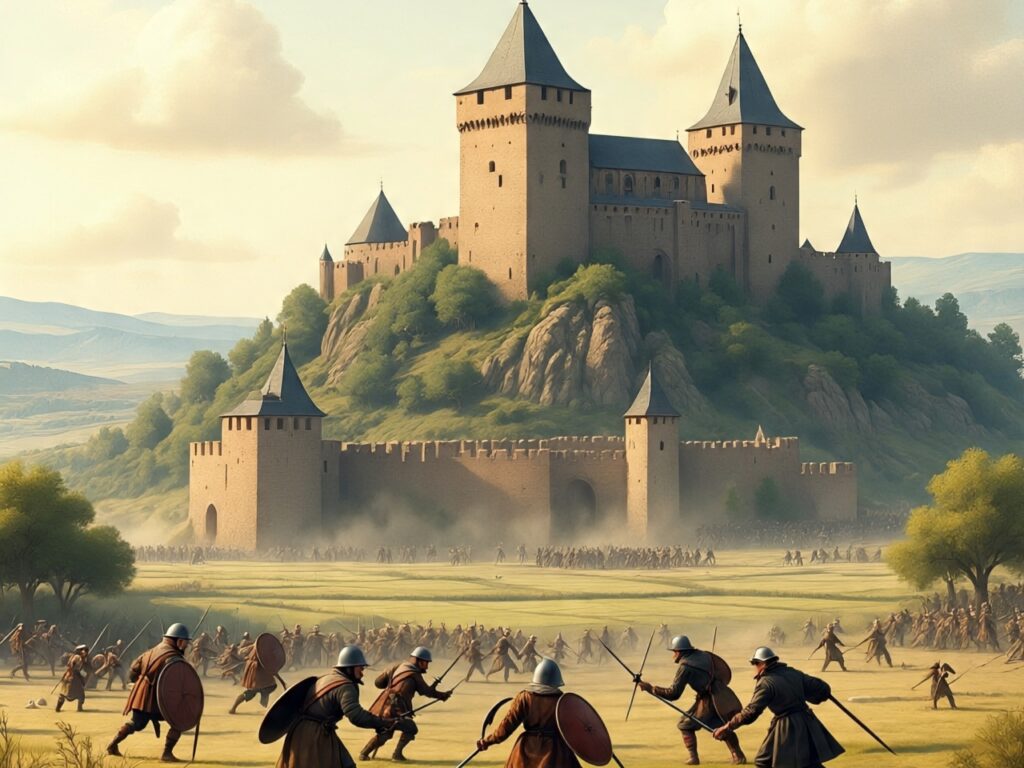
The Modern Age: From World Wars to Genocide
Technological progress did not end humanity’s capacity for violence. The 20th century saw two global wars that claimed around 120 million lives nearly 3% of the world’s population at the time fundamentally reshaping geopolitics, society, and economic systems. Among these tragedies, Holocaust stands as a singular horror. Under Adolf Hitler, Nazi Germany systematically exterminated approximately six million Jews between 1941 and 1945—annihilating nearly two-thirds of Europe’s Jewish population. Labeled chillingly as “The Final Solution,” the genocide was executed through mass shootings, forced labor, and the industrial-scale murder in concentration camps like Auschwitz and Treblinka.
What is equally disturbing is the global silence during that period. Why were so few voices raised in protest ? Are Jews not equal creations of the one God acknowledged by all major religions ? Do they not deserve the same dignity, love and empathy as all other people? Is antisemitism often cloaked as anti-Zionism justifiable under any moral, religious or legal code ?
Lessons from Survivors
In the face of unimaginable suffering, Holocaust survivors have emerged as voices of resilience and moral clarity. Their testimonies, documented by initiatives like the USC Shoah Foundation, call for peace, empathy, and the moral imperative to remember. Survivor Ann Jaffe, who endured the Nazi invasion of Poland, emphasized the universal bond of humanity; “People are people and we are responsible for each other.” Psychologist and survivor Ervin Staub highlighted the healing power of care: “Caring, support, love, and connection can help balance the psychological wounds caused by cruelty.”
Scapegoating the Jewish people serves only to deepen human divisions. Instead, their perseverance, scholarly contributions and pursuit of justice should be admired. Although Jews constitute just 0.2% of the world’s population, they have received more than 20% of all Nobel Prizes an extraordinary testament to human will and intellectual resilience.
Now more than ever, the international community must stand in solidarity with Holocaust survivors and reject all forms of antisemitism. These survivors who journeyed “from Holocaust to humaneness” are uniquely positioned to lead the global conscience toward peace.
A Crossroads in the Present
As the cultural dominance of the West begins to wane, the world finds itself at a historical crossroads. The next steps we take politically, spiritually and ethically will determine whether humanity rises into a new era of justice or regresses into a darker age.
The Current Crisis in Gaza
It is in this spirit that present-day crises must be confronted with the same moral urgency. A significant number of Jews, both in Israel and worldwide, strongly oppose the ongoing military actions against Palestinian civilians in Gaza.
Israeli Prime Minister Benjamin Netanyahu stands widely accused of war crimes and severe violations of international human rights, resulting in the deaths of thousands of unarmed Palestinian men, women and children alike. Gaza’s infrastructure has been devastated. Entire neighborhoods have been reduced to rubble. These actions have sparked global outrage and drawn disturbing parallels with historical oppressors. The Israeli Defence Forces (IDF) have been accused of daily violations of the Geneva Conventions, including the obstruction of humanitarian aid. If the world has learned anything from the Holocaust, it is that silence in the face of mass suffering is complicity.
Final Thoughts
History is not merely a record of the past; it is a mirror to our present and a warning for the future. Humanity must rise above all forms of hatred be it antisemitism, Islamophobia or any other expression of systemic violence. We must uphold the principle that every human life matters regardless of faith, ethnicity, or nationality.
In the Middle East, peace is only possible through a viable two-state solution for Israel and Palestine. Encouragingly, this vision has re-entered the global dialogue, with renewed diplomatic initiatives, including the UN-backed international conference co-hosted by France and the Kingdom of Saudi Arabia.
The future of our shared humanity rests on the courage to remember the past and the resolve to act justly in the present.
By Najmuddin A Farooqi.

